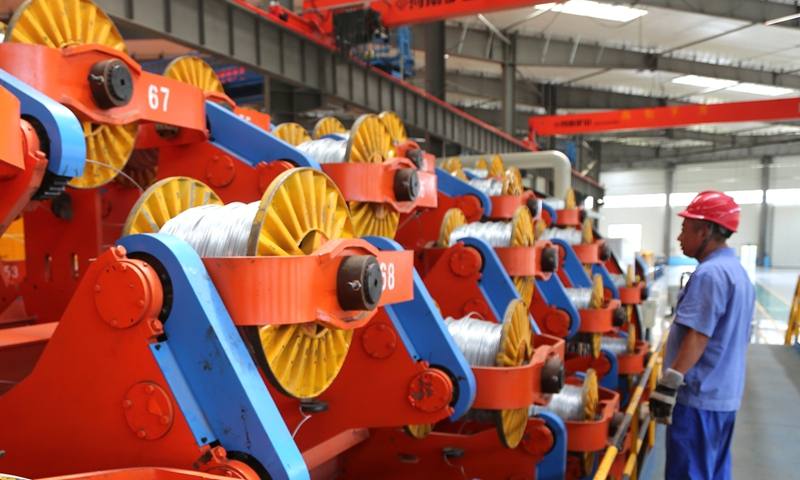South Korea carves unique path in AI race with U.S. and China

In a significant move to position itself in the global AI landscape, South Korea has initiated a national project aimed at developing a foundational AI model using predominantly domestic technologies. This strategic initiative is not merely a response to the relentless tech competition posed by the U.S. and China; rather, it underscores South Korea's ambition to carve out a unique niche in the rapidly evolving AI sector. As nations ramp up efforts to ensure AI sovereignty, South Korea's approach stands out for its integration of local semiconductor and software expertise into the AI development framework.
The Ministry of Science and ICT announced that various prominent consortia, including SK Telecom and LG, have been selected to spearhead the AI model development. A central component of South Korea's strategy is leveraging its preeminence in memory chip production, specifically through firms like SK Hynix and Samsung, both of which produce critical components like high-bandwidth memory. Analysts suggest that such vertical integration—spanning from chip fabrication to cloud services and AI models—could give South Korea a competitive edge, potentially reshaping the dynamics of global AI capabilities.
However, the journey to establishing a robust AI ecosystem is fraught with challenges. While South Korea possesses the infrastructure to create an AI stack, potential pitfalls lie ahead. One immediate concern is its reliance on American-produced graphics processing units (GPUs) from Nvidia, a situation reminiscent of previous technological dependencies observed during the dot-com bubble and the subsequent fallout of 2008. This reliance could expose South Korean firms to supply chain vulnerabilities and geopolitical tensions, highlighting that even ambitious innovations cannot bypass the intricacies of international technology dependencies.
In conclusion, South Korea's venture into AI represents both a bold strategy and a potential recalibration of power within the tech space. As it seeks to assert its presence between its larger counterparts, one must ponder: can South Korea leverage its local technological strengths effectively to generate a competitive, sovereign alternative to the current AI leaders? The success of this initiative will depend not only on the technological prowess of its companies but also on how well they can navigate the global landscape laden with competition and opportunity. Investors, governments, and consumers alike would do well to monitor the outcomes of South Korea's AI advancements as they could offer insights into the future direction of global technological sovereignty.
Read These Next

US Restricts Submarine Cable Projects Citing Greater Threats Analyst Calls It Baseless
FCC's new restrictions on submarine cable projects over perceived China threats face backlash from analysts, risking telecom efficiency.

S&P Lowers Stellantis Credit Rating Outlook to Negative
S&P adjusts Stellantis' credit outlook to negative amid market uncertainty, despite ongoing investments in new energy vehicles.

Xinhua News Gains Control with 51% in Zhiyun Technology
Xinhua News Agency acquires a 51% majority stake in Xinhua Zhiyun Technology, completed with a significant investment, highlighting strong corporate consolidation amid potential regulatory and operational risks.
